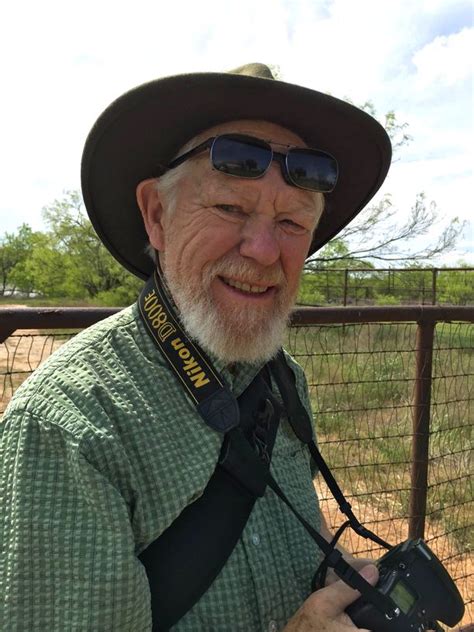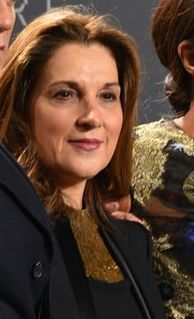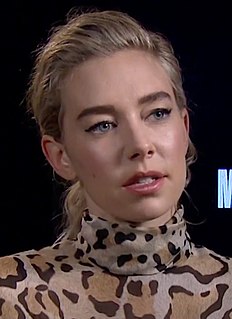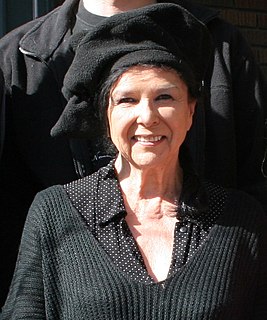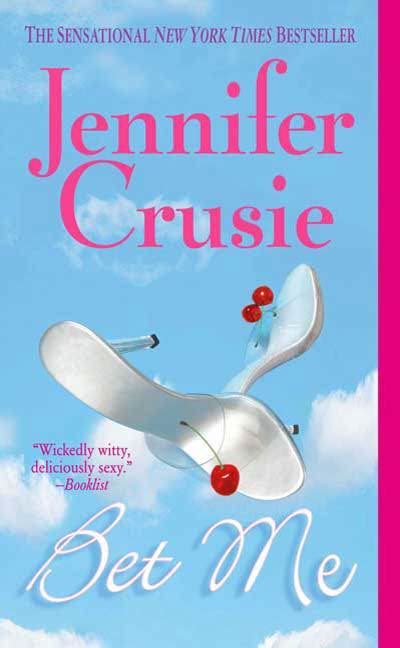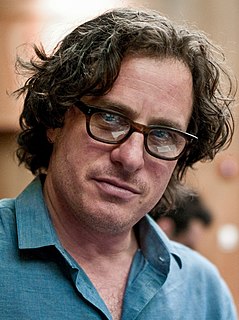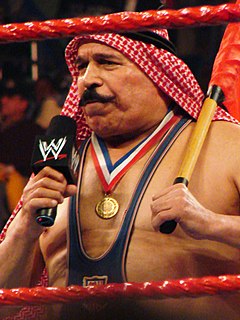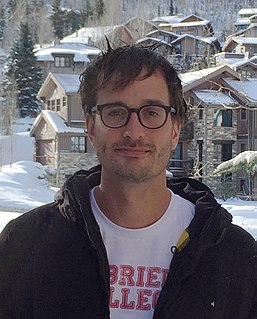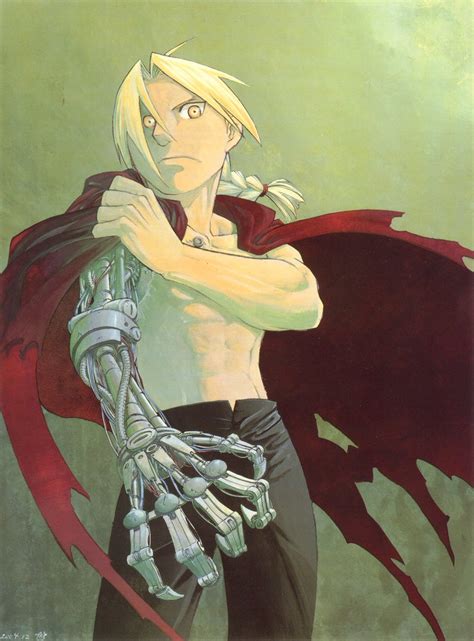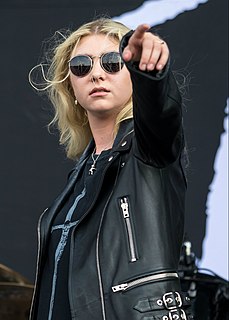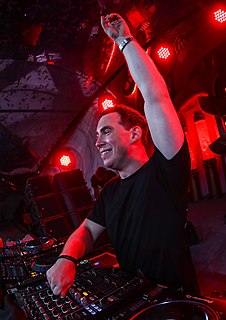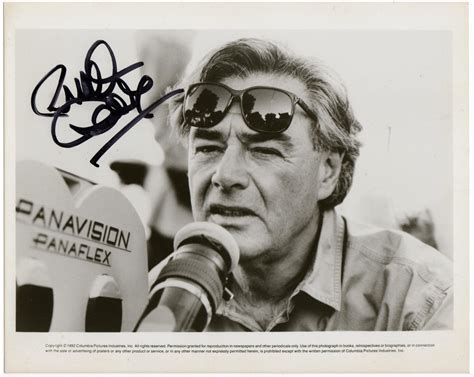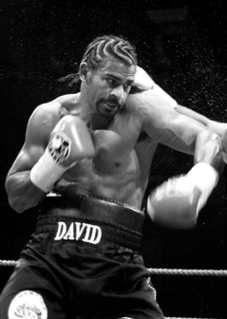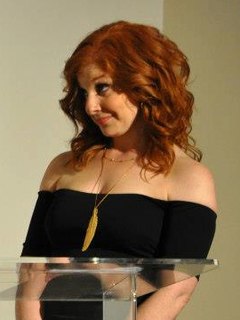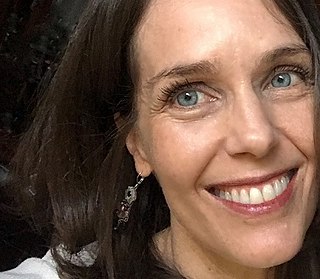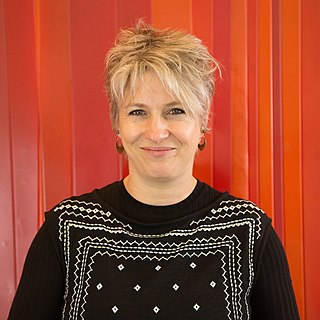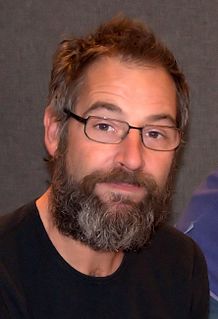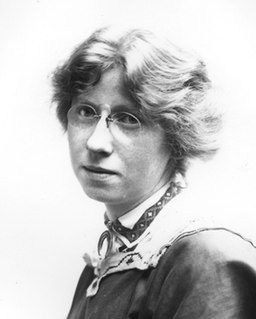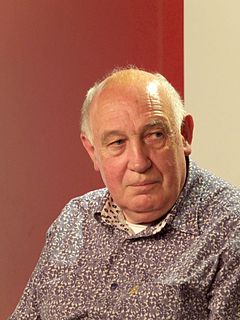Top 786 Documentary Quotes & Sayings - Page 12
Explore popular Documentary quotes.
Last updated on December 22, 2024.
After months of playing air guitar to 'Free Bird', what really got me into guitar was watching a documentary about Jimi Hendrix and picking up the Woodstock soundtrack. Listening to his version of 'Star Spangled Banner' and 'Purple Haze.' My brother played acoustic guitar and, idolising him, I thought, 'I'm going to get a guitar.'
The documentary style is an incredibly flexible and useful one. It's a wonderful tool for establishing the credibility of the version of things that's in the photograph - a kind of rhetorical device or rhetorical strategy. It's always felt very natural to me, because I want a person to end up thinking about the world, and to think about it in a way that is transformed by the experience of art.
I've known Owen's father Ron [Suskind] for years, and this was based on his best-selling book ["Life, Animated"]. We worked together as journalists at ABC-TV News, and I knew about the book since its inception. Before he finished it, he approached me and said he thought it would make a great documentary, and I agree with him, and moved forward from there.
When you see the documentary, you'll see that there were parallels. Michael and I both wanted Daniel Craig, and it was the same as it was for Cubby and Harry when they wanted Sean [Connery]. The studio wanted a star and wanted an American, and wanted this and that, but they determined, "No, it's Sean Connery."
One of the top challenges is the fact that you are dealing with survivors. Every time you deal with a documentary film subject it is fraught with obvious minefields but when you are dealing with a population that is severely traumatized and trying to recover from that trauma there is an extra level of vigilance and care and attention that has to be implemented all the time at every level.
By the end of the documentary [ '13th'], you really understand what prison is, what the prison industrial complex is, where this whole Black Lives Matter movement comes from, the history of resistance, the history of how politicians have used criminality over the decades for a particular political gain. It's to give people an understanding of it so they can make their own decisions about how they want to be in the world.
The truth is I'm a very traditional woman, and Rod - despite everything people may think - is a very traditional man. It's true he absolutely loves glamour, and he hasn't got a conventional job, but performing aside, he's happiest at home with his kids around him or lounging in front of the fire watching a war documentary like 'D-Day Remembered.'
One of the most recent things we did [in Perceval Press] is a reissue of a fantastic documentary about Russian prison tattoo culture by Alix Lambert called The Mark of Cain. We've done books from Twilight of Empire, that actually has forewords by Howard Zinn and Dennis Kucinich and others, to books of poetry, photography, painting - all kinds of books.
Working on 'The War Room' was a thrill, not only because we were given such exquisite access to the nerve center of Bill Clinton's first presidential campaign, but for me personally, it was so exciting to be producing my first film and working with documentary filmmaking legends D.A. Pannebaker and Chris Hegedus, who were the film's directors.
So you're Zach." Townsend didn't even try to hide the judgement in his voice as he looked Zach up and down in some sort of silent but dangerous examination. Zach huffed but smiled. "so you're Townsend." The two of them stared for a long time, wordless. It felt like I was watching a documentary on the Nature Channel, something about alpha males in the wild.
I never saw myself as a director. It's certainly a second language but making movies for 40 years, you pick stuff up. However, this style of making movies, this documentary style, is easier for me because I gather a lot of material and with an editor, write it on screen. You try to write based on what you shot.
Documentary film is the one place that our people can speak for themselves. I feel that the documentaries that I've been working on have been very valuable for the people, for our people to look at ourselves, at the situations, really facing it, and through that being able to make changes that really count for the future of our children to come.
I've done all sorts of different kinds of action. We did a thing in 'Blood Diamond,' the attack on Freetown, where I carefully staged the action but did not show the camera operators what we were going to film - so it has the feel of documentary, trying to capture something, and that gave it a whole different feel.
[Alex] Haley felt he could make a solid case in favor of racial integration by showing what was - to white America - what was the consequence of their support for racial separatism that would end up producing a kind of hate, the hate that hate produced, to use the phrase that Mike Wallace used in his 1959 documentary on the Nation of Islam.
I just like voicing films in general. I do a lot of documentary work and it's a short hop really to narrating a character, especially if you're on film and you're there in a visual way. It sounds obvious, but voicing an animation really focuses you on the way that you're communicating through your voice. It's a very specific ability that you need to be able to have in order to pitch it just right.
I'm Min's fairy godmother, Charm Boy,' Liza said, frowning down at him. 'And if you don't give her a happily ever after, I'm going to come back and beat you to death with a snow globe.' What happened to "bibbity bobbity boo"?' Cal asked Min. That was Disney, honey,' Min said. 'It wasn't a documentary.
["Fear & Loathing in Las Vegas"] is a very hard book to translate to film because there's so much interior monologue. The what if factor. I tried to write it cinematically and let the dialogue carry it but I forgot about the interior monologue. It's kind of hard to show what's going on in the head. I think we should do it like a documentary.
There's a really great documentary called 'Many Rivers,' which documents the totality of slavery from its inception, and then it gives you a little history on how America came to prominence. It's crazy - the first black man to actually step foot in America came as a free man, as an explorer, with the Spaniards.
I've always been interested in Vietnam, feel it's a seminal event in our nation's history, and have explored it over the years - but I hadn't been interested in doing a documentary about it. I felt there had been a lot done about Vietnam, and didn't know if I could add anything new to the discussion.
The film [Payback: Debt and the Shadow Side of Wealth] opens with an Albanian blood feud and goes on to delve into, for instance, prison systems, underpaid tomato pickers, the gulf oil spill. It's all woven together in a sensuous, oblique way that's not the same as the single-message kind of documentary we're used to, with an "answer" at the end. It's more like an exploration. Sort of like what you do with Birth of a Nation.
I come from a documentary background and my natural tendency, as a filmmaker, is to make a movie, if I have something to talk about. If it's not about anything that matters, I don't feel like doing it. I'm not against people who make movies just for fun, but I'm not one of those guys. I just want to provoke thinking and debating about certain issues.
I've been reading and researching various aspects of history - Dickens' London, Nelson's sea battles, Magellan's nautical explorations, the weapons and battles and key figures of the American Civil War - for most of my life. I pick up a book here or there or see a documentary or talk with an expert in the subject, and my curiosity about the one area of study and discovery always leads to another.
Truth is stranger than fiction," as the old saying goes. When I watch a documentary, I can't help crying and then I think to myself, "Fiction can't compete with this." But when I mentioned this to a veteran manga artist friend of mine he said that "fiction brings salvation to characters in stories that would otherwise have no salvation at all." His words strengthened the conviction of my manga spirit.
I'll let the record [Who You Selling For] speak for itself. I don't want to get too in-depth with my personal opinions of it and where the songs came from because I think it messes with the listener to know the inside mindset of the writer. For example, I watched a Pink Floyd documentary the other day, and I learned that "Shine on You Crazy Diamond" was about [frontman] Syd Barrett. I didn't want to know that!
A documentary on MTV about the Dutch scene was what sparked it all. I saw guys like Tiesto and Ferry Corsten talking about this thing called electronic music and I was instantly hooked. I started getting into it from then onwards, I was 12 years old and just completely bitten by this dance music bug. It's been my life ever since.
This elaborate Golden Dawn system became part of Crowley's own inner world ... He carried it further than even the Golden Dawn principals had envisaged. I know of nothing within the Order documentary that even hints at the kind of visionary and spiritual experience that Crowley managed to get out of it.
Dice Rules is one of the most appalling movies I have ever seen. It could not be more damaging to the career of Andrew Dice Clay if it had been made as a documentary by someone who hated him. The fact that Clay apparently thinks this movie is worth seeing is revealing and sad, indicating that he not only lacks a sense of humor, but also ordinary human decency.
It's a little bit like talking about the life of writing. The life of writing may be about many things, but it always begins with the writer. With the kernel of an idea, or a character, or an idea or a theme, or even an outcome. But for documentary photographers, photographs begin at that intersection of the real world and the imaginative inner world.
Alejandro Amenabar is a different kind of director than I lot of the directors I've asked for. He really asks you to enter his dream as opposed to, you know, a guy like Sidney Lumet or something is going to ask you to create a character almost like a documentary. He wants you to make the people really real and he's going to capture it like a documentarian.
I first started making films - this is my first feature, but I was making shorts - I was actually freelancing as a day job at The New York Times as an art director. I actually worked with Bill Cunningham and really soon after I met him, I thought, "Oh my God, he's a perfect subject for a documentary."
I read "Milk" and immediately I was very emotional after reading it and then I saw the documentary - the one that Rob Epstein did - and I said that's it. I saw it with my daughter and that was it. This thing is a different thing. It's like I've been offered these kind of superhero movies or "Terminator" or whatever those movies are and I just go ahh.
I watched a TV documentary about how animals are farmed, killed and prepared for us to eat. I saw all those cows and pigs and realized I couldn't be a part of it any more. It was horrible. I did some research to make sure I could still obtain enough protein to fight and, once satisfied that I could, I stopped. I'll never go back.
I love the 'Housewives.' I don't watch 'American Idol' or 'X Factor.' I guess I don't like network reality: I like my Bravo; I like documentary programming - I love 'Intervention' and some things on TLC more than others - but the 'Real Housewives' to me are really revolutionary, in terms of giving camera time to women of a certain age.
I submerged myself in all the information that I could find about Idi Amin. I mean, before I left Los Angeles, I was studying Kiswahili. I was working on the dialect. I was studying every documentary and tape of him that I could find - not just visual, but also audiocassettes, even in other languages when he was speaking in other dialects.
Edgar Degas's famous sculpture, 'Little Dancer Aged Fourteen,' served as my muse for 'The Painted Girls.' I came upon a television documentary on the work, and as someone who held the sculpture in high esteem and who largely considered ballet to be the high-minded pursuit of privileged young girls, I was struck by what I would learn.
You have so much more time to observe and learn with a documentary because of the time between the shoots. You get a much deeper understanding of day-to-day life and its themes. It's also much more of a mess after three years; you have to comb it out carefully and see what fits together and makes sense.
"Plaza de la Soledad" is a documentary about Carmen, Lety, Raquel and Esther, four strong women - middle-aged and older - who want to break a vicious circle that began with abuse and abandonment suffered from an early age. They simply want to have a better life. The film follows their quest to find true love and their capacity to transform themselves.
You have to be dynamic. You have to be able to change. So a lot of times we'll go to a country or go meet people, and then while we're there, the story changes and you have to be able to go with that. And then the story comes out in the editing room, which is a very documentary sort of process - not how news works. So that's different.
In 1993, my first documentary was about the civil war in Algeria. That was in French and in Arabic. Another short film I did was silent. What I'm trying to say is that, yes, I'm Italian, and yes, I make films with Italian money, but personally, I've always been invested in the broader world of film-making.
Every single bit of entertainment is escapism. It's because you are saying, "Let's see what this other person's life is like." And also it's beyond escapism, its entertainment and art as such can elevate the species. The entertainer supposedly is the muse. They're the ones who tell you what is wrong with society in a humorous way. They're the ones who do an expose about this or a documentary about that about the injustice of this. So it can be a very powerful medium.
The pictures that were coming from Vietnam were showing us what was really happening on the ground level. It was in contradiction to what our political and military leaders were telling us. They were straight forward documentary images. A powerful indictment of the war, of how cruel and unjust it was. When I finally decided what to do with my life, it was to follow in that tradition.

